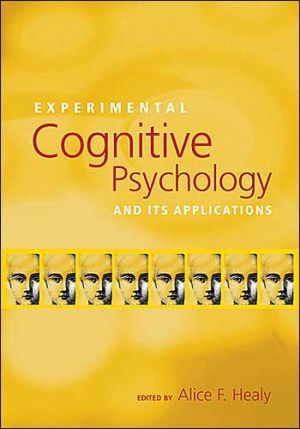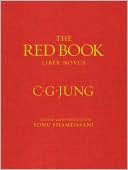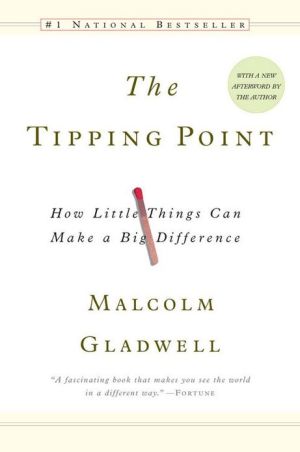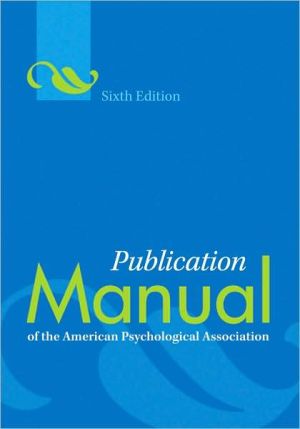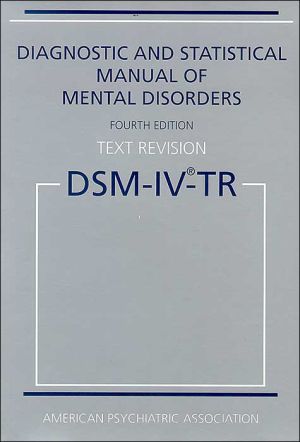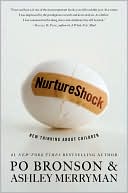Experimental Cognitive Psychology and its Applications
"The study of cognition has experienced rapid growth in the last decade. This topic is fundamental both to the science of psychology and to its applications to real-world problems. Yet there has traditionally been a huge gap between basic research and practice in this area. Experimental Cognitive Psychology and Its Applications aims to bridge this gap by bringing together a group of distinguished experimental psychologists who show how their findings can be applied in daily life." This book...
Search in google:
As part of a series based on the APA Science Conferences promoting a multidisciplinary campaign, this volume comprises 18 contributions by leading experimental psychologists working in such areas of cognition as learning, memory, information processing, and knowledge representation. Healy (U. of Colorado at Boulder) notes that the book also honors basic research in this field by three retiring faculty members from her campus: Lyle Bourne, Walter Kintsch, and Thomas Landauer. Conference symposia laud their respective achievements in such areas as domain-specific conceptual learning, models of comprehension, and user-centered computer systems. Other chapters discuss such applications as improving education, distinguishing true from false memories, and understanding cultural aspects of intelligence. Annotation ©2004 Book News, Inc., Portland, OR Doody Review Services Reviewer:Gary B Kaniuk, Psy.D.(Cermak Health Services)Description:This book covers important areas of cognitive psychology and how it is applied, bridging the gulf from research to practice. It also honors three faculty members from the University of Colorado, who recently retired from teaching and were dedicated to the field of experimental cognitive psychology.Purpose:According to the editor, "the primary purpose of this volume is to bring together contributions by some of the most significant contemporary experimental psychologists working in cognition, including the areas of learning, memory, information processing, discourse, and knowledge representation. They share their perspectives and their recent research findings so that these ideas and results can be integrated for use by practitioners in the field, including those in training, education, and testing. Such integration should also be of value to students and other researchers concerned with the core issues of human cognition. A secondary purpose of this volume is to serve as a triple Festschrift in honor of three distinguished faculty members from the University of Colorado (CU) who are recently retired from teaching at the university: Lyle Bourne, Walter Kintsch, and Thomas Landauer. All three of these individuals throughout their careers have done basic research on a wide range of topics in experimental cognitive psychology" (p.xiii). The book meets these worthy objectives.Audience:The book is written on a fairly sophisticated level so a prior knowledge of cognitive science would be extremely helpful. The editor has a long, prestigious resume since graduating with her PhD in 1973. She has been on the faculties of both Yale University (1973-1981) and the University of Colorado at Boulder (1984-present). She has authored numerous books, chapters, and journal articles. There are many contributors, who are on the faculties of some of the finest educational institutions in the United States. Features:The book covers the major areas of cognitive psychology such as learning, memory, information processing, discourse, and knowledge representation. It also contains a symposia which honors the work of Drs. Bourne, Kintsch, and Landauer. This book applies research to practice, giving pragmatic information and suggestions for future study. Unfortunately, it is a tough read unless you are a neuroscientist. An advanced student focusing on cognitive psychology at the graduate level would really benefit. I especially enjoyed chapter 8, "Rich False Memories: The Royal Road to Success." It was also a bit easier to read than some of the other chapters.Assessment:Although this book is more for an advanced audience than the average graduate student in psychology, it does present the research well and shows how it is applied. The editor and contributors are very knowledgeable about cognitive psychology, most likely the "movers and shakers" in the field.
1Domain-specific knowledge in intellectual skills : a symposium in honor of Lyle E. Bourne, Jr.32Walter Kintsch : a psychology beyond words173Cherchez Le quadrant pasteur! : a symposium in honor of Tom Landauer314How should a theory of learning and cognition inform instruction?475The procedural reinstatement principle : studies on training, retention, and transfer596Material appropriate difficulty : a framework for determining when difficulty is desirale for improving learning737The long-term neglect of long-term memory : reasons and remedies898Rich false memories : the royal road to success1019The functionalist agenda in memory research11510Attention, automaticity, and executive control12911Roles of task-defined associations and reference frames in spatial stimulus-response compatibility14112Watching the brain comprehend discourse15713Learning to construct and integrate16914Computerized learning environments that incorporate research in discourse psychology, cognitive science, and computational linguistics18315On quantifying and characterizing human knowledge19716Finding meaning in psychology21117Cultural exploration of the nature of intelligence22518Word association spaces for predicting semantic similarity effects in episodic memory237
\ From The CriticsReviewer: Gary B Kaniuk, Psy.D.(Cermak Health Services)\ Description: This book covers important areas of cognitive psychology and how it is applied, bridging the gulf from research to practice. It also honors three faculty members from the University of Colorado, who recently retired from teaching and were dedicated to the field of experimental cognitive psychology.\ Purpose: According to the editor, "the primary purpose of this volume is to bring together contributions by some of the most significant contemporary experimental psychologists working in cognition, including the areas of learning, memory, information processing, discourse, and knowledge representation. They share their perspectives and their recent research findings so that these ideas and results can be integrated for use by practitioners in the field, including those in training, education, and testing. Such integration should also be of value to students and other researchers concerned with the core issues of human cognition. A secondary purpose of this volume is to serve as a triple Festschrift in honor of three distinguished faculty members from the University of Colorado (CU) who are recently retired from teaching at the university: Lyle Bourne, Walter Kintsch, and Thomas Landauer. All three of these individuals throughout their careers have done basic research on a wide range of topics in experimental cognitive psychology" (p.xiii). The book meets these worthy objectives.\ Audience: "The book is written on a fairly sophisticated level so a prior knowledge of cognitive science would be extremely helpful. The editor has a long, prestigious resume since graduating with her PhD in 1973. She has been on the faculties of both Yale University (1973-1981) and the University of Colorado at Boulder (1984-present). She has authored numerous books, chapters, and journal articles. There are many contributors, who are on the faculties of some of the finest educational institutions in the United States. "\ Features: The book covers the major areas of cognitive psychology such as learning, memory, information processing, discourse, and knowledge representation. It also contains a symposia which honors the work of Drs. Bourne, Kintsch, and Landauer. This book applies research to practice, giving pragmatic information and suggestions for future study. Unfortunately, it is a tough read unless you are a neuroscientist. An advanced student focusing on cognitive psychology at the graduate level would really benefit. I especially enjoyed chapter 8, "Rich False Memories: The Royal Road to Success." It was also a bit easier to read than some of the other chapters.\ Assessment: Although this book is more for an advanced audience than the average graduate student in psychology, it does present the research well and shows how it is applied. The editor and contributors are very knowledgeable about cognitive psychology, most likely the "movers and shakers" in the field.\ \ \ 3 Stars from Doody\ \
